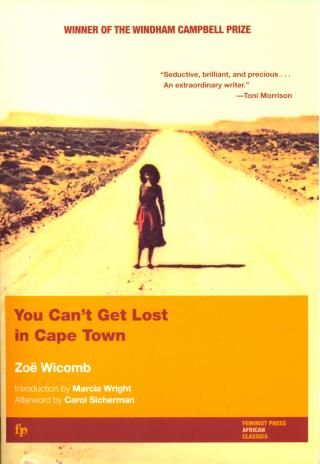
Аннотация
Zoë Wicomb's complex and deeply evocative fiction is among the most distinguished recent works of South African women's literature. It is also among the only works of fiction to explore the experience of "Coloured" citizens in apartheid-era South Africa, whose mixed heritage traps them, as Bharati Mukherjee wrote in the New York Times, "in the racial crucible of their country."Wicomb deserves a wide American audience, on a part with Nadine Gordimer and J.M.Coetzee." — Wall St. Journal
Wicomb is a gifted writer, and her compressed narratives work like brilliant splinters in the mind, suggesting a rich rhythm and shape."-Seattle Times
"[Wicomb's] prose is vigorous, textured, lyrical. [She] is a sophisticated storyteller who combines the open-endedness of contemporary fiction with the force of autobiography and the simplicity of family stories."-Bharati Mukherjee, New York Times Book Review
For course use in: African literature, African studies, growing up female, world literature, women's studies
Zoe Wicomb was born in 1948 and raised in Namaquland, South Africa. After 20 years voluntary exile, she returned to South Africa in 1991 to teach at the University of the Western Cape. She currently lives in Glasgow and teaches at the University of Strathclyde, Scotland. Marcia Wright is professor of history at Columbia University and a member of the executive committee for the Women Writing Africa series. Carol Sicherman is professor emerita of English at Lehman College, CUNY.

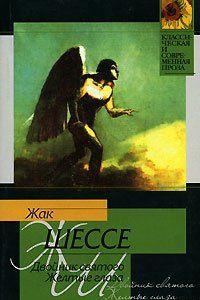


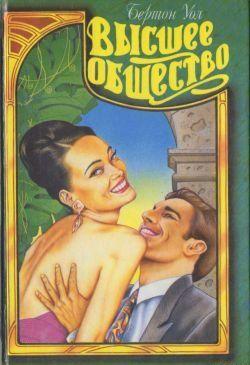
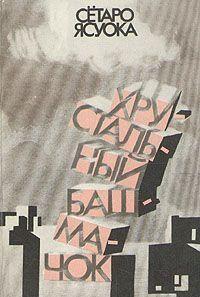
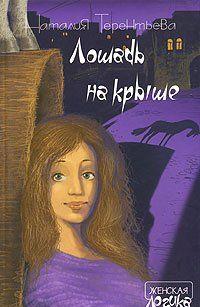




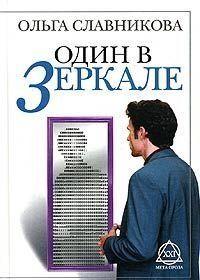
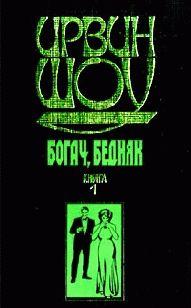
Комментарии к книге "You Can't Get Lost in Cape Town"